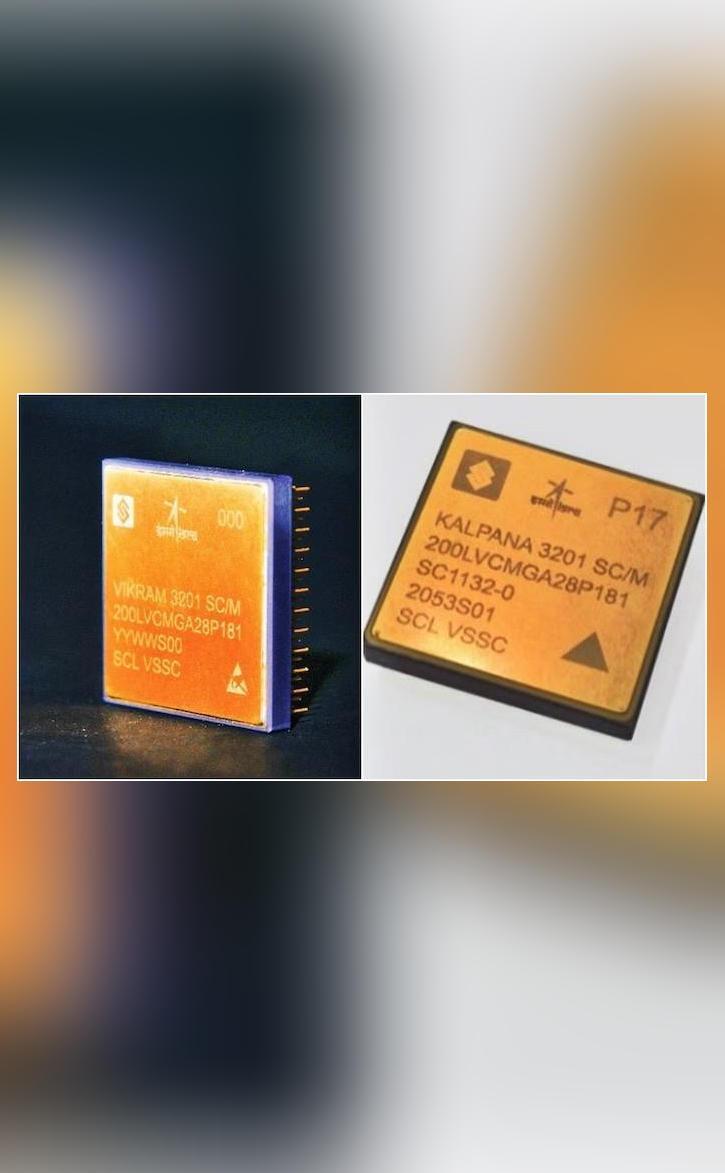
ISRO & SCL Develop 32-bit Microprocessors for Space Applications
In a significant achievement for the Indian space industry, the Indian Space Research Organisation (ISRO) and the Semiconductor Laboratory (SCL) in Chandigarh have jointly developed two 32-bit microprocessors, VIKRAM3201 and KALPANA3201. These microprocessors have been specifically designed for space applications, catering to the need for high-performance and reliable processing in the harsh environmental conditions of space.
The VIKRAM3201 microprocessor is a notable achievement, being the first fully “Make-in-India” 32-bit microprocessor to be qualified for use in launch vehicles. This development is a testament to the capabilities of Indian scientists and engineers in designing and developing complex microprocessors for space applications.
The VIKRAM3201 microprocessor is designed to operate in extreme temperatures, ranging from -20°C to 100°C, making it suitable for use in launch vehicles and other space applications. It has a clock speed of 100 MHz and supports a wide range of interfaces, including USB, SPI, and UART. The microprocessor is also radiation-hardened, making it capable of withstanding the harsh radiation environment of space.
The KALPANA3201 microprocessor, on the other hand, is designed for use in satellite applications. It has a clock speed of 150 MHz and supports high-speed interfaces such as PCIe and SATA. The microprocessor is also capable of handling complex algorithms and computational tasks, making it suitable for use in satellite-based applications such as navigation, communication, and remote sensing.
The development of these microprocessors is a significant milestone in the Indian space industry’s efforts to reduce dependence on foreign technology. The indigenous development of microprocessors will enable ISRO to design and develop more complex space systems, including satellites and launch vehicles, without relying on foreign components.
The development of the VIKRAM3201 and KALPANA3201 microprocessors also demonstrates the capabilities of the Indian semiconductor industry. The Semiconductor Laboratory (SCL) in Chandigarh has played a key role in the development of these microprocessors, showcasing its expertise in designing and developing complex semiconductor devices.
The availability of these microprocessors will also enable Indian industries to develop more complex space-based systems, including satellite-based communication and navigation systems. The development of these systems will have significant socio-economic benefits for the country, including improved communication and navigation services, disaster management, and environmental monitoring.
The development of the VIKRAM3201 and KALPANA3201 microprocessors is a testament to the capabilities of Indian scientists and engineers in designing and developing complex semiconductor devices. The availability of these microprocessors will enable ISRO to develop more complex space-based systems, reducing dependence on foreign technology and enabling the country to take advantage of the growing space economy.






